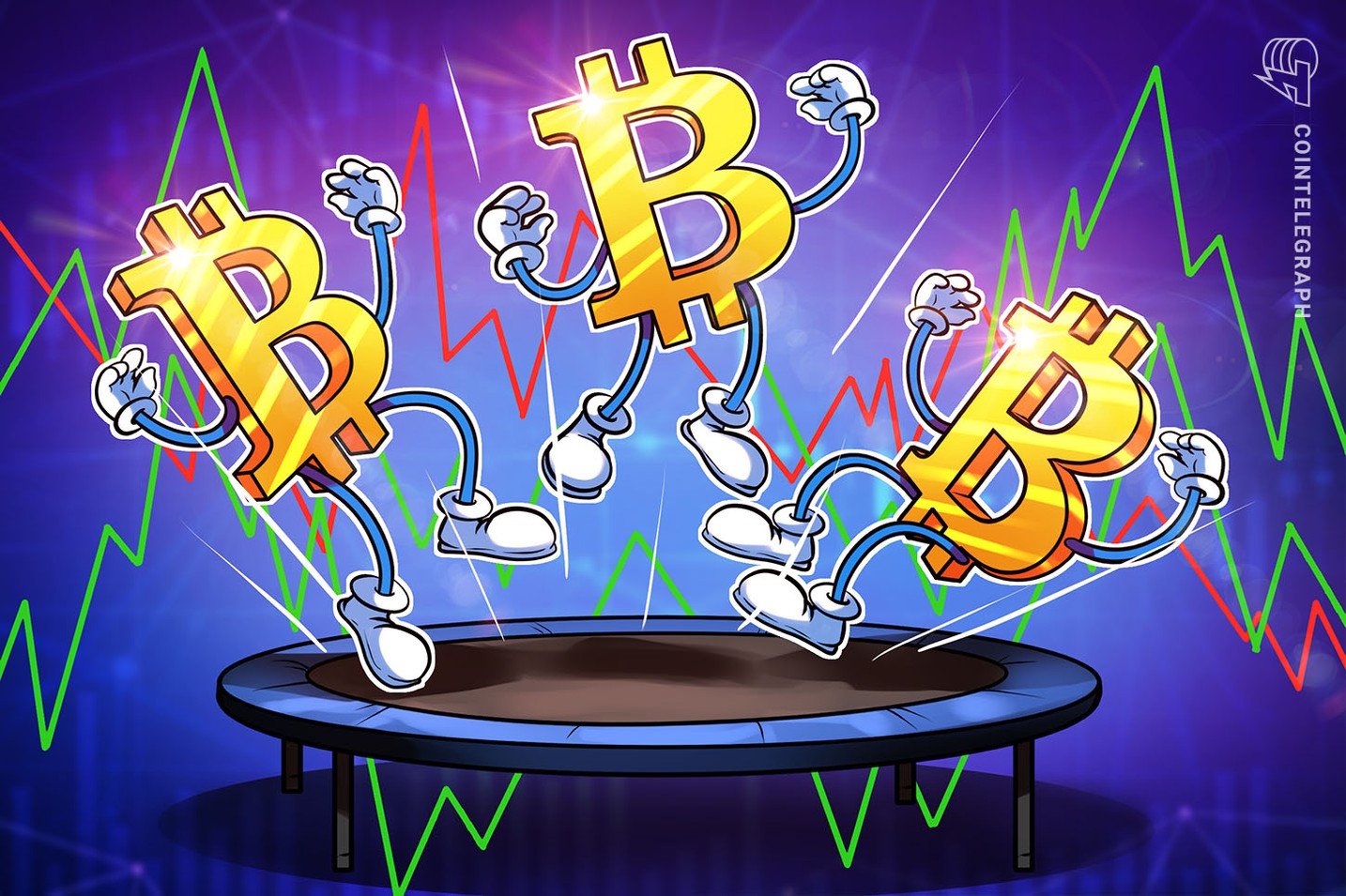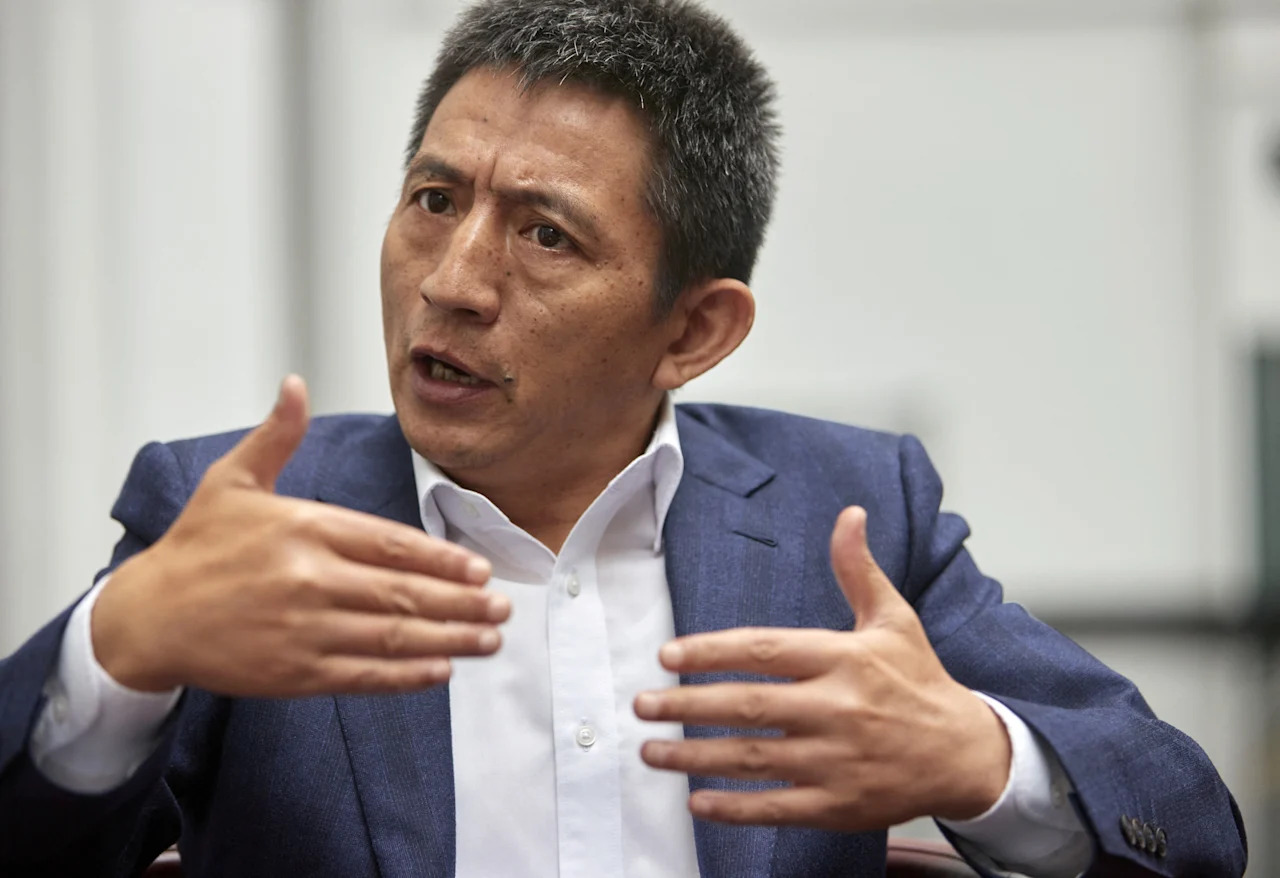Key Points
- Gold is experiencing a record-breaking bull run, with fund inflows hitting $80 billion year-to-date, doubling the previous high set in 2020.
- Bitcoin, despite its potential as a safe haven, is not following gold's upward trend, with its ETFs seeing a decline in assets under management.
- Market commentators predict a "blow-off top" for gold, suggesting its rapid price increase might soon reach a terminal point.
- There's a theory that Bitcoin might follow gold's trend with a delay, potentially leading to a significant rise in Bitcoin's value after gold's peak.
Summary
Gold is currently enjoying a significant bull run, with fund inflows reaching an unprecedented $80 billion year-to-date, as reported by Bank of America and highlighted by The Kobeissi Letter. This surge in gold investment comes amidst a backdrop of market uncertainty, with investors turning to gold as a safe haven, leading to a 22% year-to-date increase in its price. Conversely, Bitcoin, which has often been touted as a hedge against macroeconomic volatility, is not mirroring gold's success. Instead, Bitcoin ETFs have seen a decline in assets under management, dropping from $106 billion to $92 billion. Market analysts, including Peter Brandt, suggest that gold might be nearing a "blow-off top," indicating a potential peak in its price surge. However, there's a theory, supported by figures like Anthony Pompliano, that Bitcoin could follow gold's trend with a delay, potentially leading to a significant rise in Bitcoin's value after gold's peak. This dynamic showcases the differing investor behaviors towards traditional and digital safe-haven assets in times of economic uncertainty.







































